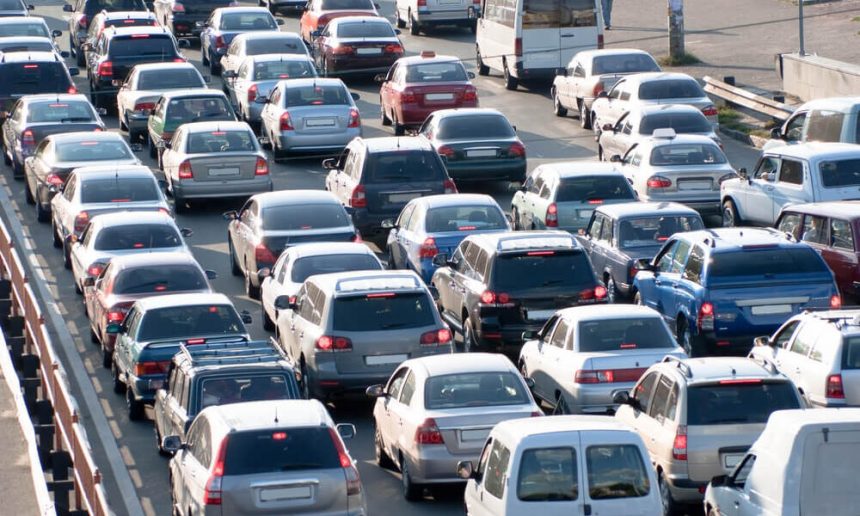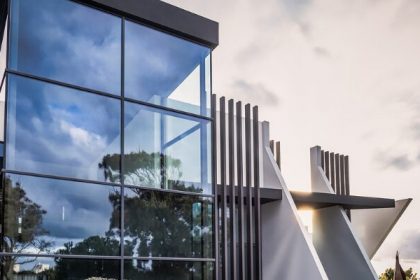If you’ve ever driven through New Jersey, you know that traffic delays are almost a part of daily life. Whether you’re a resident or just passing through, understanding the factors that contribute to these delays can help you navigate the roads more efficiently. In this blog post, we’ll explore the common causes of traffic congestion in New Jersey, highlight major hotspots, and offer tips to help you get to your destination with minimal frustration.
Why Traffic Delays Happen in New Jersey
New Jersey is one of the most densely populated states in the U.S., which naturally leads to busy roads. Here are some key reasons behind the frequent traffic delays:
High Population Density
With millions of people living in a relatively small area, the sheer volume of vehicles on the road can cause significant congestion, especially during peak commuting hours in the morning and evening.
Road Construction and Maintenance
To keep the infrastructure safe and efficient, road construction and maintenance are constant. While necessary, these projects often result in lane closures and detours that slow down traffic.
Accidents and Incidents
Unexpected events like car accidents, vehicle breakdowns, or roadside emergencies can cause sudden traffic jams. Even minor fender-benders can lead to significant delays as lanes are blocked and drivers slow down to look.
Weather Conditions
New Jersey experiences a range of weather conditions that can impact driving. Heavy rain, snowstorms, and fog reduce visibility and road traction, prompting drivers to slow down and increasing the likelihood of accidents.
Major Traffic Hotspots
Certain areas in New Jersey are notorious for heavy traffic. Knowing these hotspots can help you plan alternative routes or adjust your travel times.
The New Jersey Turnpike
As one of the busiest highways in the country, the New Jersey Turnpike sees a high volume of commercial and passenger vehicles. Congestion is common, particularly near interchanges and service areas.
Garden State Parkway
Running along the Jersey Shore, the Garden State Parkway is a popular route for both daily commuters and tourists. Traffic can be especially heavy during summer weekends when people head to the beaches.
Interstate 95 (I-95)
Part of the main highway system along the East Coast, I-95 in New Jersey is a critical corridor for interstate travel. Expect delays, especially near the George Washington Bridge connecting to New York City.
Tips for Navigating Traffic Delays
While you can’t control the traffic, you can take steps to minimize its impact on your journey.
Plan Ahead
Before hitting the road, check for any reported delays or construction updates. Websites and apps provide real-time traffic information that can help you choose the best route.
Use Navigation Apps
Apps like Google Maps or Waze offer live traffic updates and can reroute you around congestion. They can alert you to accidents, construction zones, and other obstacles ahead.
Adjust Your Travel Time
If possible, avoid traveling during peak hours. Leaving earlier or later can make a significant difference in your travel time.
Stay Informed About Weather Conditions
Keep an eye on the weather forecast, especially during seasons known for severe conditions. Knowing what to expect can help you prepare and drive safely.
Understanding NJMCDIRECT
If you find yourself with a traffic ticket due to violations like speeding or improper lane changes, NJMCDIRECT is an online portal where you can handle payments. It’s a convenient way to address fines without having to visit a courthouse in person.
How to Plead Not Guilty
In cases where you believe a traffic ticket was issued in error, you have the right to plead not guilty. This process involves notifying the court, scheduling a hearing, and presenting your case before a judge. Be sure to gather any evidence that supports your claim, such as photos or witness statements.
Helpful Resources
For more information on traffic regulations, court procedures, or to pay fines online, you can visit https://njmcdirectportal.us/. This website provides guidance on handling traffic-related matters in New Jersey.
Conclusion
Traffic delays in New Jersey are influenced by various factors, from high population density to unpredictable weather conditions. By staying informed and planning accordingly, you can navigate these challenges more effectively. Remember to drive safely, respect traffic laws, and consider alternative routes or travel times to make your journey as smooth as possible.
Safe travels!








